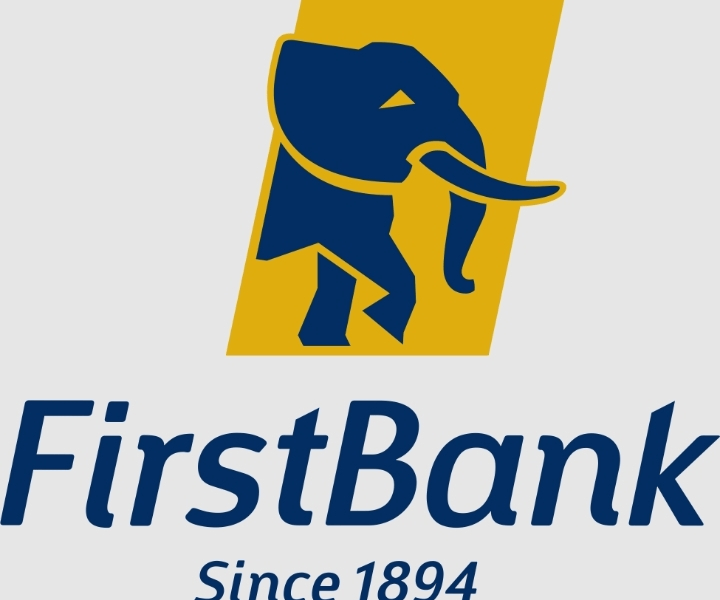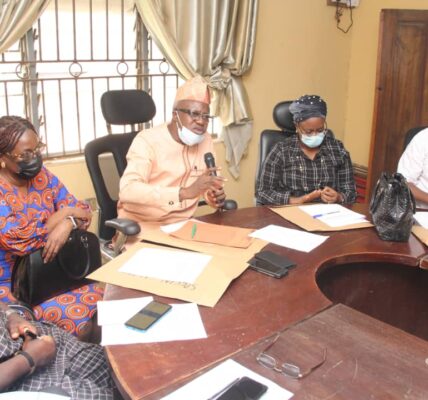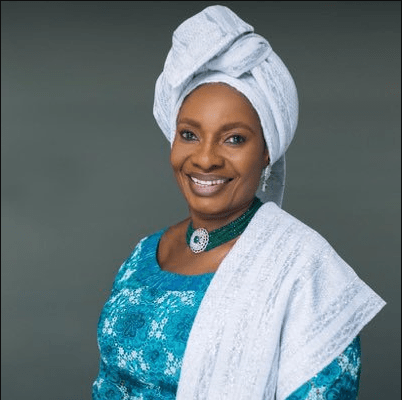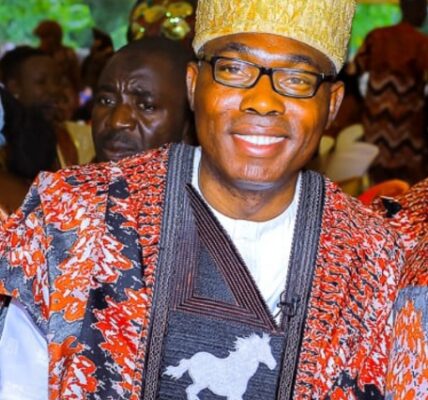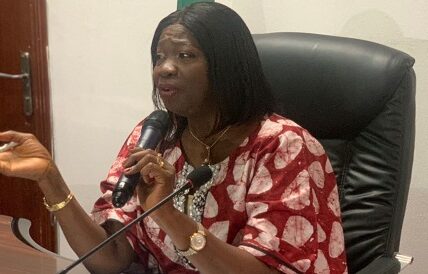How First Bank’s Reckless Actions Sparked Crisis, Exposed 93 Lives to Danger on Oil Rig – GHL Alleges
This post has already been read 2325 times!
A recent statement by General Hydrocarbons Limited (GHL) has exposed a shocking incident involving First Bank of Nigeria (FBN) that put the lives of 93 people, including foreign nationals at risk on an oil rig.
The incident occurred on October 7, 2023, when the drilling rig Blackford Dolphin ran out of fuel, food, water, and other critical supplies.
According to GHL, FBN’s repeated failures to meet its financial obligations led to the crisis.
“FBN’s repeated failures to pay on time within the contractual framework of 5 days which became up to 70 days or not at all, in a clear breach of its Tripartite Agreement obligations… led to an international incident,” GHL stated.
GHL revealed that FBN’s Managing Director, Olusegun Alebiousu, who was then the Chief Risk Officer, promised to make payments within three days but failed to do so.
“He then worked the phone, calling Suppliers and Service Providers one after the other and promised payment within 3 days. Based on FBN’s assurances, the Service Providers made emergency supplies, but the payment never came,” GHL stated.
As a result, GHL had to enter into an Irrevocable Third-Party Payment Order with one of the offtakers to pay the suppliers directly, which stabilized the operation.
The incident has raised questions about FBN’s commitment to good governance and the rule of law. GHL accused FBN of abusing court processes and failing to comply with a valid court order.
“FBN then went to Justice D Dipeolu of the same Federal High Court on December 30, 2024, with same lawyers, without disclosing this relevant judgment to the Learned Justice, to obtain a Mareva injunction Exparte freezing order against GHL and individual directors,” GHL stated.
GHL questioned FBN’s motives, asking why it did not put GHL on notice and why it sought an Exparte order. “Is this how a 130-year old blue chip financial institution committed to good governance and rule of law, should behave? Why the hurry to score cheap points to use on social media?” GHL asked.
The dispute between GHL and FBN highlights the need for transparency and accountability in business dealings.
As GHL stated, “We are ready, willing and able to present the body of evidence to any court… Luckily, FBN has not denied the Subrogation MOU and the benefits it got upfront from GHL’s intervention.”
General Hydrocarbons Limited (GHL) had vehemently denied allegations of owing First Bank of Nigeria (FBN) $225 million, which is at the root of the ongoing legal battles between First Bank of Nigeria and General Hydrocarbons Limited.
ABUJA BUSINESS REPORTS NEWSPAPER & MAGAZINE

